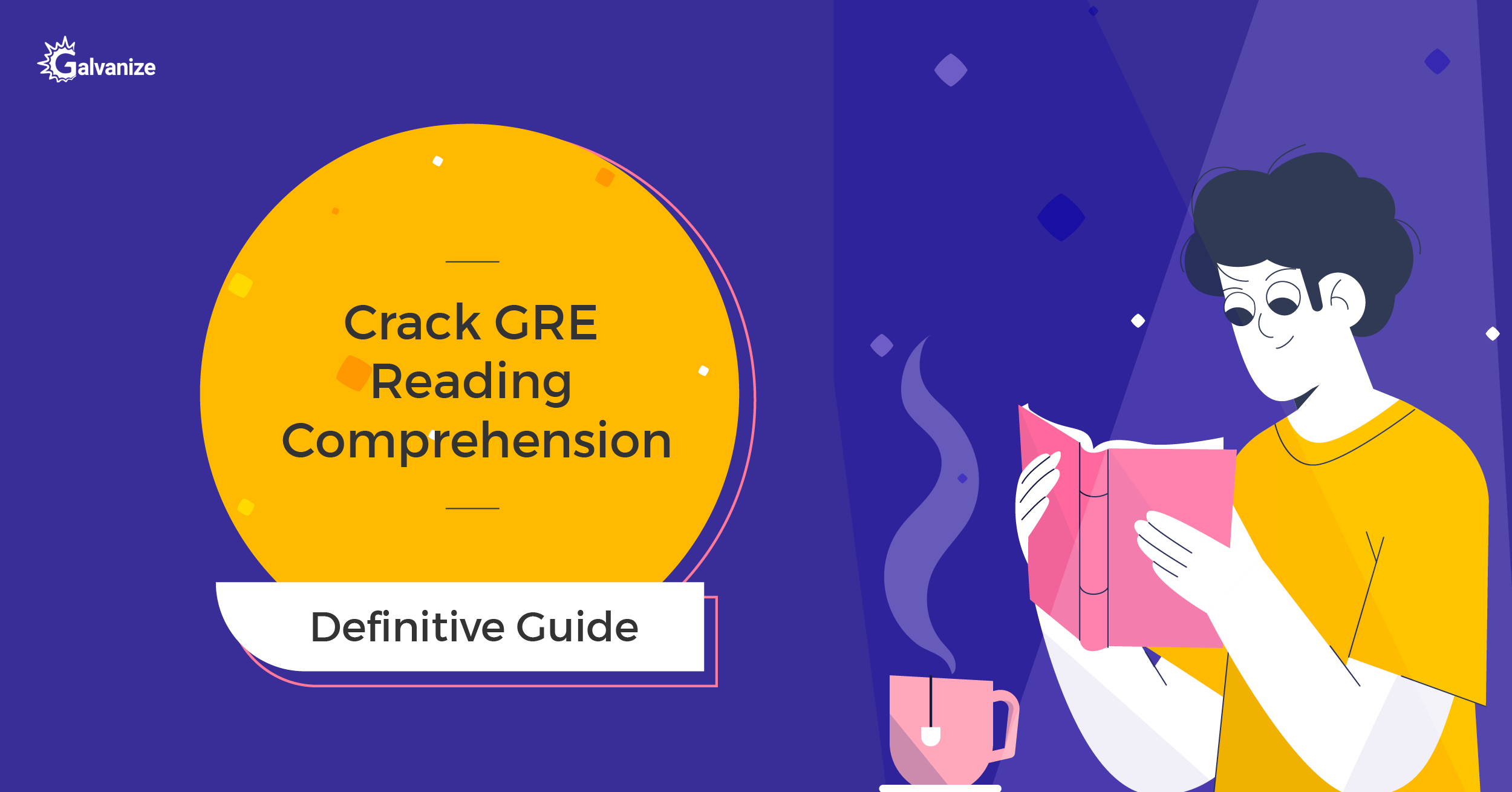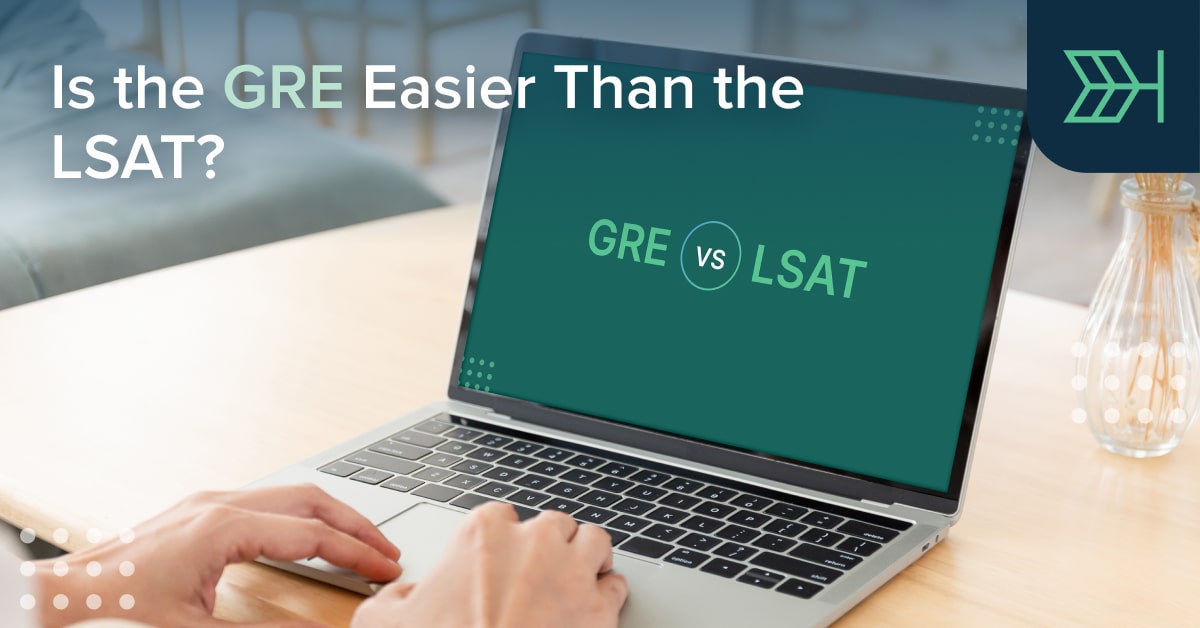In the previous chapters, we have covered everything from how many RC passages you can expect on the GRE to the composition and elements of each passage in a section. Next, let us discuss some tips and strategies that can help us achieve a high score on these challenging questions.
The first point to keep in mind is to stop viewing these questions as challenging. This might seem contradictory, considering the statement made in the earlier paragraph, but approaching these questions with a negative, anxious mindset will only backfire.
Of course, that does not mean you take these questions lightly. There is a sense of time management that is crucial to succeeding in the GRE, and that can only be achieved by intense concentration and focus. Hence, you cannot read these passages like a newspaper or any other casual reading material.
That said, it is all about the balance! The GRE RCs can be fun. It might sound impossible, but it is possible to read, understand, analyze, break down the passage, and choose the correct answer within a short span of time. Here are some tips to help you along!
- Read slowly – If one is just beginning their GRE prep, time management should not be a primary concern. While practicing RCs, it is important to take time to read and understand each sentence and how it functions in the passage. This applies to those who are avid readers as well as those who do not read often. Reading slowly will hone the brain’s ability to process information completely and efficiently. As time progresses, the reading speed can gradually increase since the brain has already adapted to processing complex information faster.
- Speed reading is a sham – There is no such thing as speed reading, at least with regard to the GRE. Take the example of a student who reads for an hour every day up till their GRE exam. Initially, they read slowly and attempt to be analytical in their reading approach. However, with time, the student finds it easier to process information, and their reading speed increases. By the time they have to sit for the exam, the student burns through the passages and scores high.
If someone had witnessed this student’s GRE attempt, they might have been convinced that speed reading is real. However, the truth is that the student’s consistent, diligent effort every day helped improve their reading skills, not a practice such as speed-reading, which would cause one to miss crucial words and phrases in the text.
- Read relevant material – It is mentioned that the student in this example made reading a regular practice. But what kind of reading is appropriate for the GRE? Not every novel or comic will do. Since the language used in the GRE is quite complex, you will need to acclimatize your mind to reading such text, which can be found in journals, newspapers, and other advanced publications.
- Summarize before answering – Now, let’s move on to answering questions. Before looking at the questions, the most important thing to note is to read the passage properly and assimilate its ideas and arguments. This will help you answer questions more accurately and save time searching the passage for each question.
Consider that you are able to eliminate most of the options in a question. But you are stuck between two convincing options, and time is running out. How can you choose the correct answer?
- Read the question carefully. Is it asking for the reader’s perspective or the author’s? Are there any double negatives?
- Consider the most probable options. What is the difference between them? Which one is better supported by evidence from the passage? Is the word choice in the options similar to the words used in the passage? How is it structured? Has the meaning been tweaked?
- This is easier said than done, but aim for accuracy!
These tips should help change the way you approach RC questions. Read whatever subject brings you joy, but ensure you read from sources that mimic the language and complexity of the GRE. Reading will also invariably improve your vocabulary and knowledge, so there are only things to be gained from this practice!




